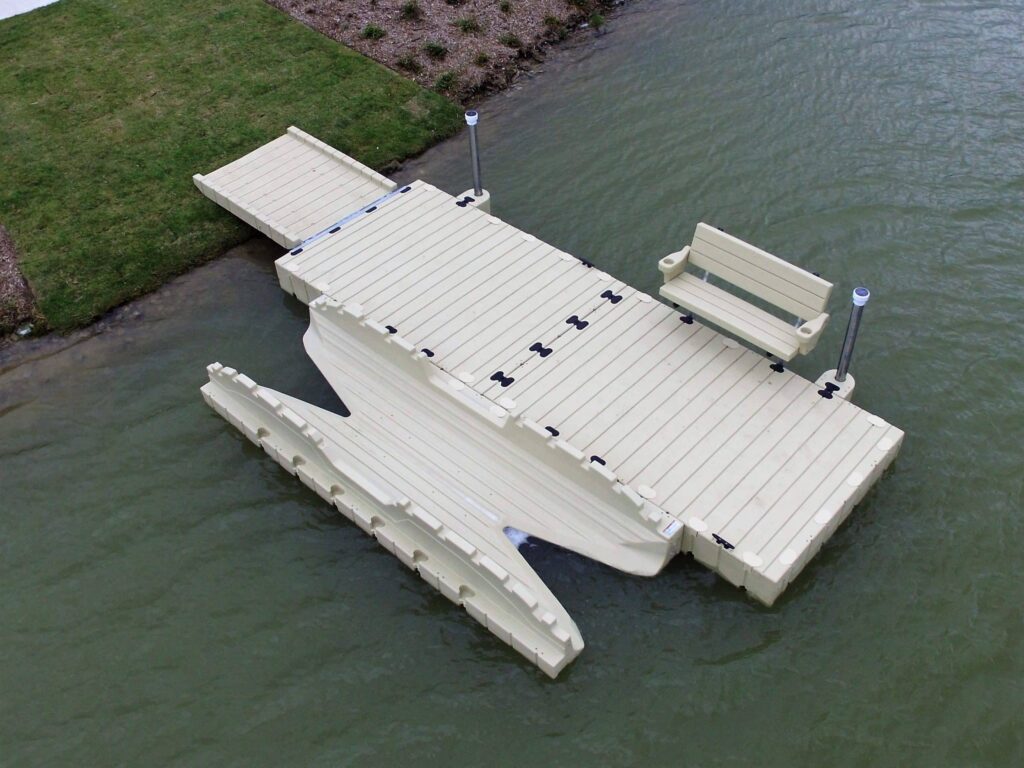Starting your fitness journey is a decision that will transform your life. It is not just about lifting weights or running miles it is about nurturing your body and mind to build strength, health, and confidence. When you embark on this path, you are committing to a lifestyle of wellness, empowerment, and growth. The first step toward becoming the strongest version of yourself is setting realistic fitness goals. Whether it is losing weight, gaining muscle, increasing endurance, or simply feeling better, identifying what you want to achieve will help keep you motivated and focused. It is important to remember that everyone’s journey is unique, so there is no one-size-fits-all approach. Tailor your fitness routine to suit your needs, whether you prefer gym workouts, home exercises, or outdoor activities. One of the key pillars of any successful fitness plan is strength training. Lifting weights or engaging in resistance exercises not only builds muscle but also boosts your metabolism and enhances overall body strength.
It is a common misconception that strength training is only for bodybuilders or athletes, but it is beneficial for everyone. Strong muscles support your bones, improve posture, and reduce the risk of injury. Plus, the confidence that comes from seeing and feeling physical progress is unmatched. Alongside strength training, cardiovascular exercise plays a critical role in your fitness journey. Activities such as running, cycling, swimming, or even walking are fantastic ways to improve heart health, increase stamina, and burn calories. Incorporating both strength and cardio into your workout routine will create a balanced approach that promotes overall wellness. However, fitness is not solely about exercise. Nutrition plays an equally vital role in achieving and maintaining a healthy lifestyle. Fueling your body with the right nutrients is key to maximizing performance, enhancing recovery, and feeling your best. Focus on a well-balanced diet that includes whole foods like lean proteins, fresh vegetables, whole grains, and healthy fats.
Stay hydrated, and make sure to get enough rest. A healthy body requires more than just effort in the gym it needs proper fuel to thrive. In addition to physical activity and nutrition, mental health and confidence are essential components of a holistic approach to Afvallen met personal trainer wellness. The gym is a place to challenge yourself, but it is also an environment where you can build mental resilience. Pushing through tough workouts and achieving new milestones in fitness will boost your self-esteem and enhance your sense of self-worth. It is not about being perfect; it is about being consistent and embracing the journey. Starting your fitness journey today is an act of self-love. By committing to regular exercise, proper nutrition, and mental well-being, you will not only improve your physical health but also unlock a more confident and empowered version of yourself. Your fitness journey begins now let’s make it count.
